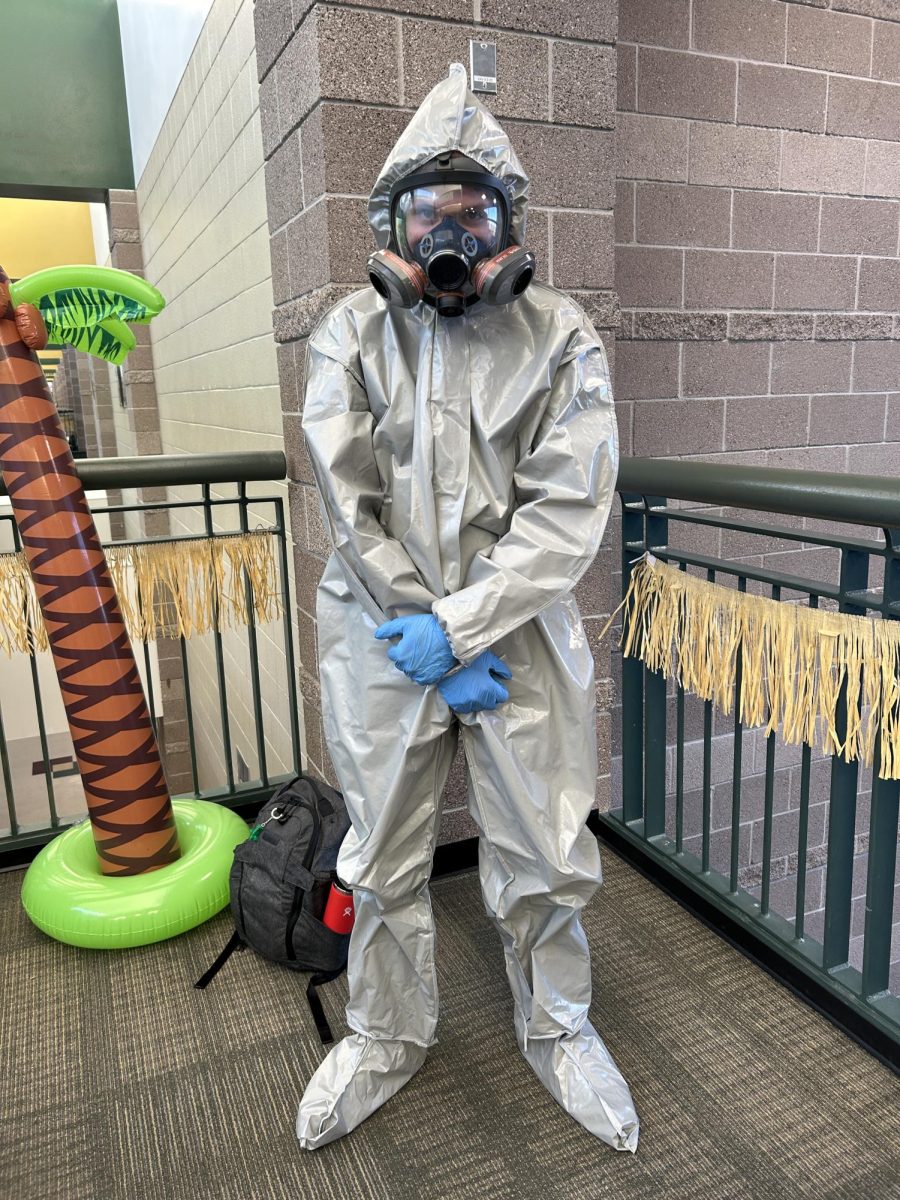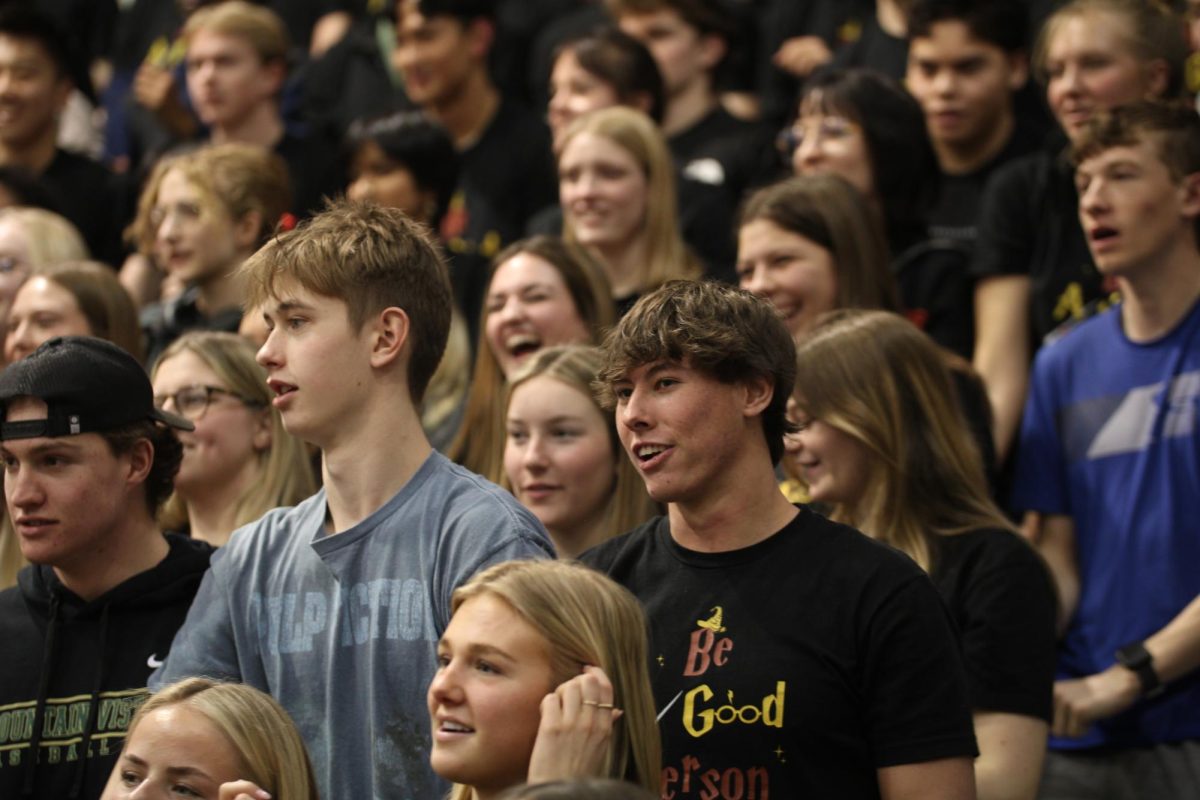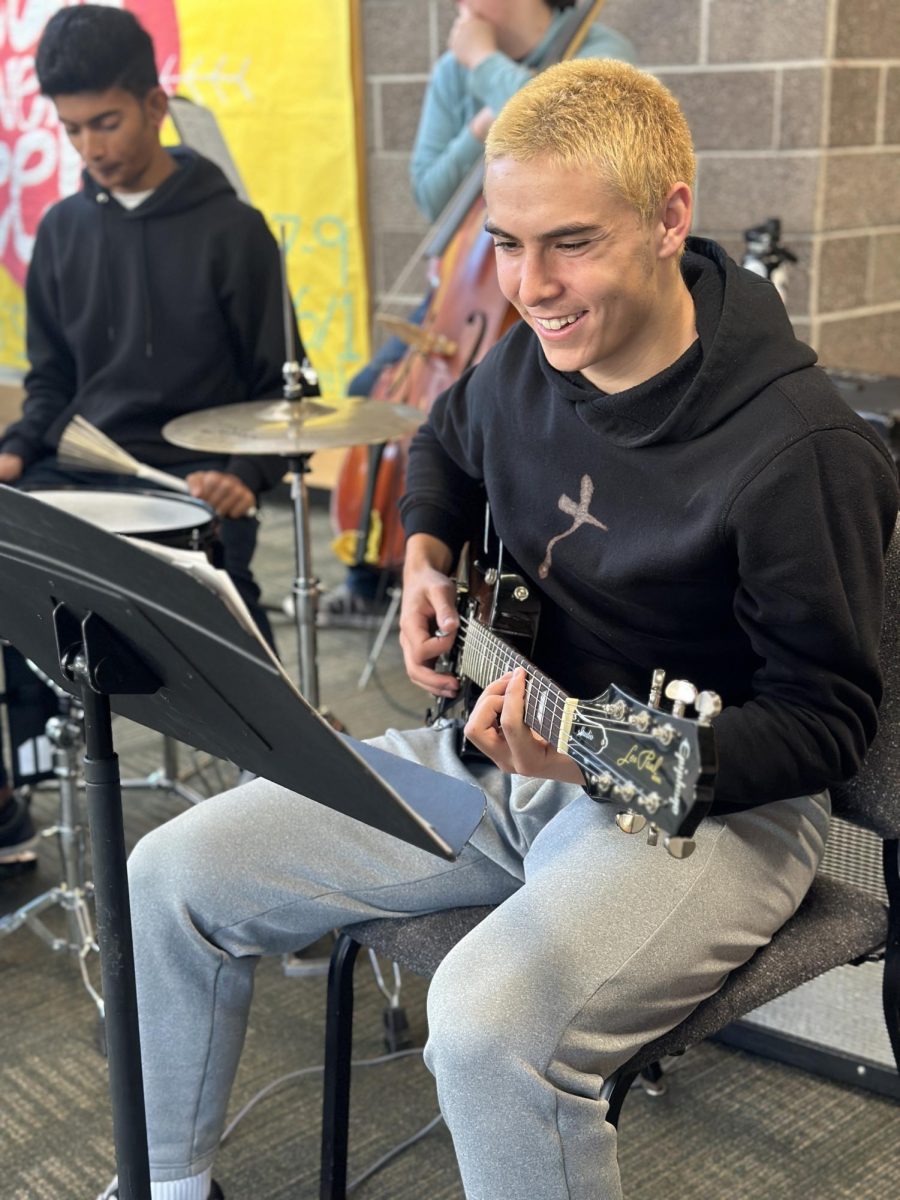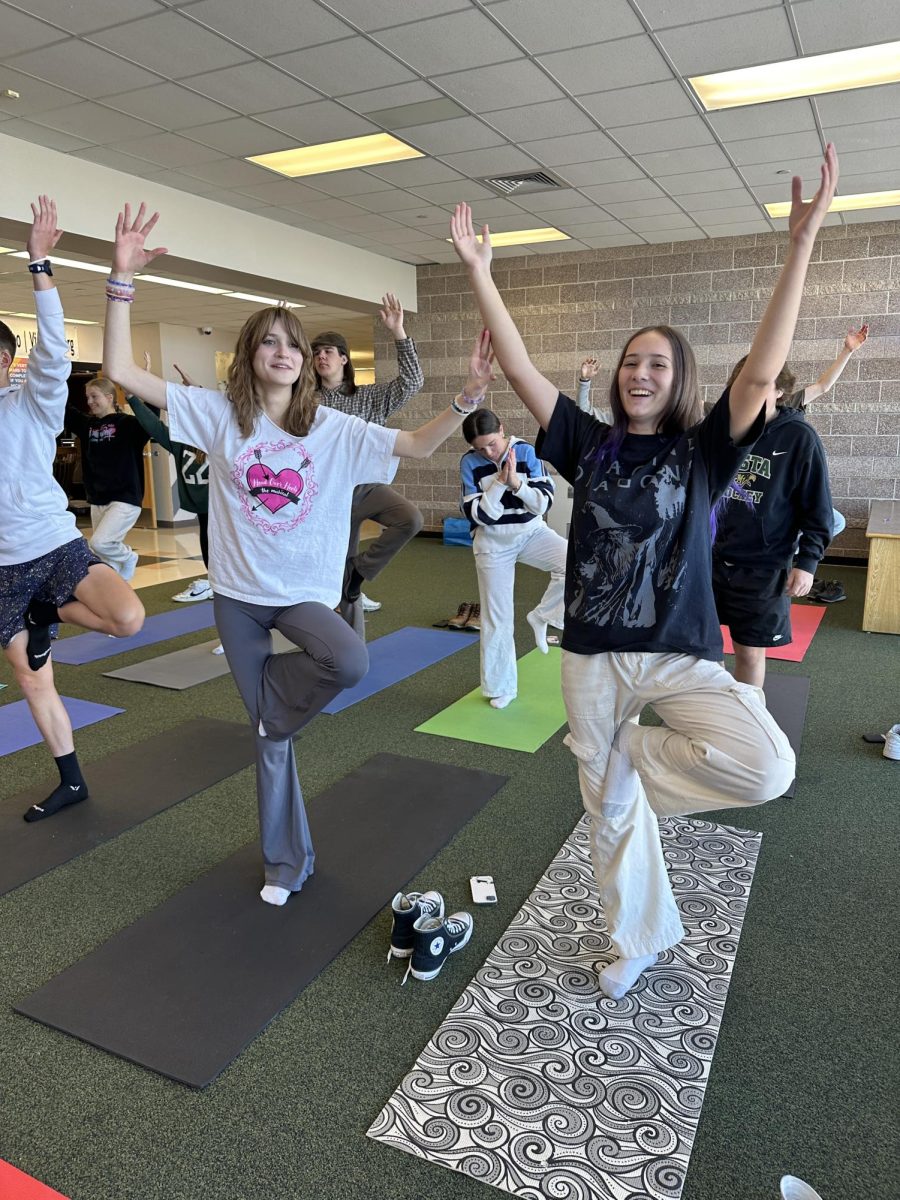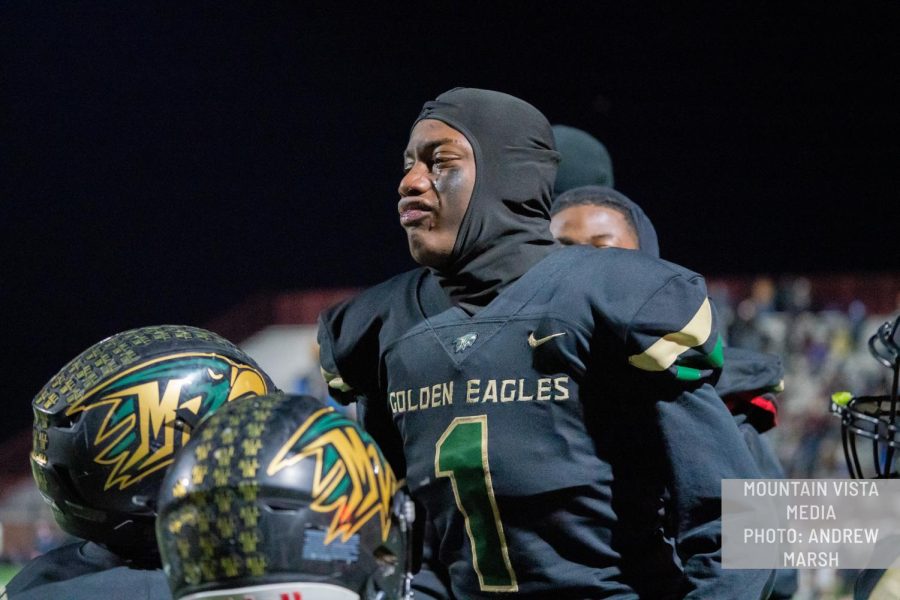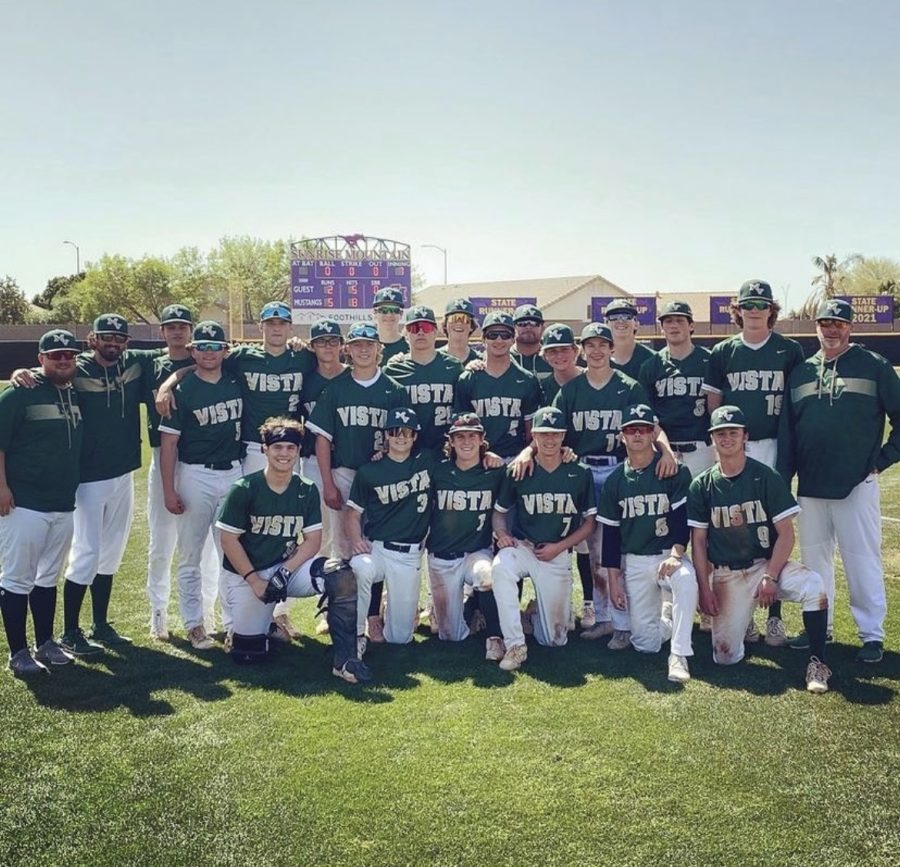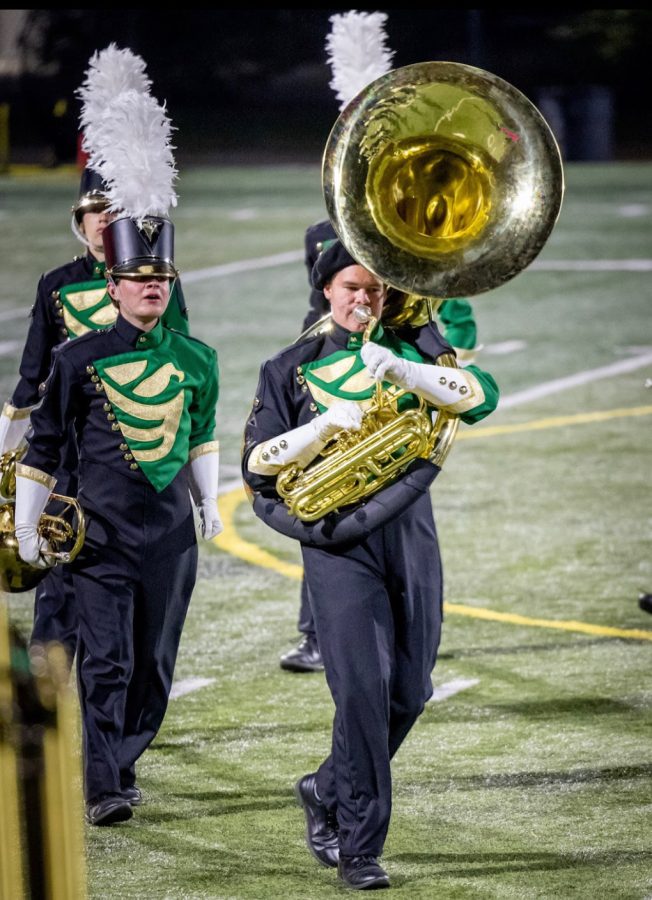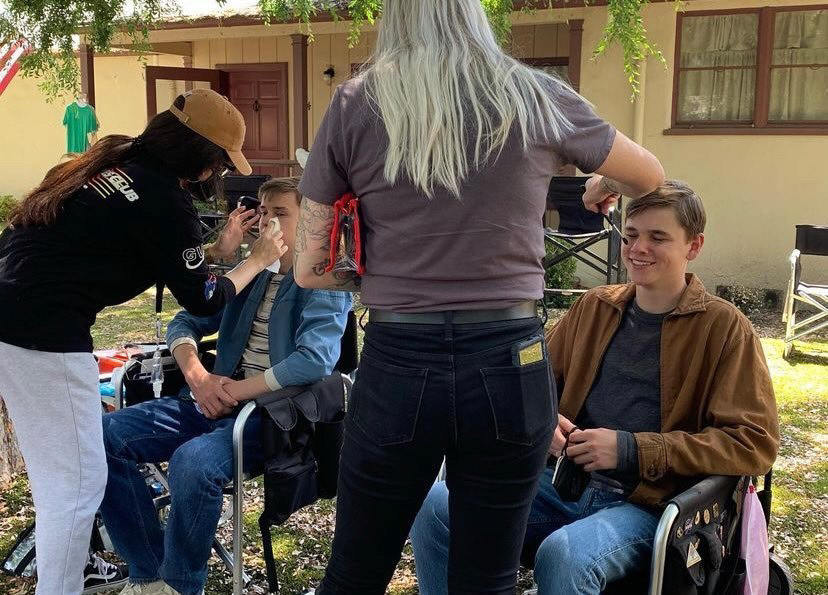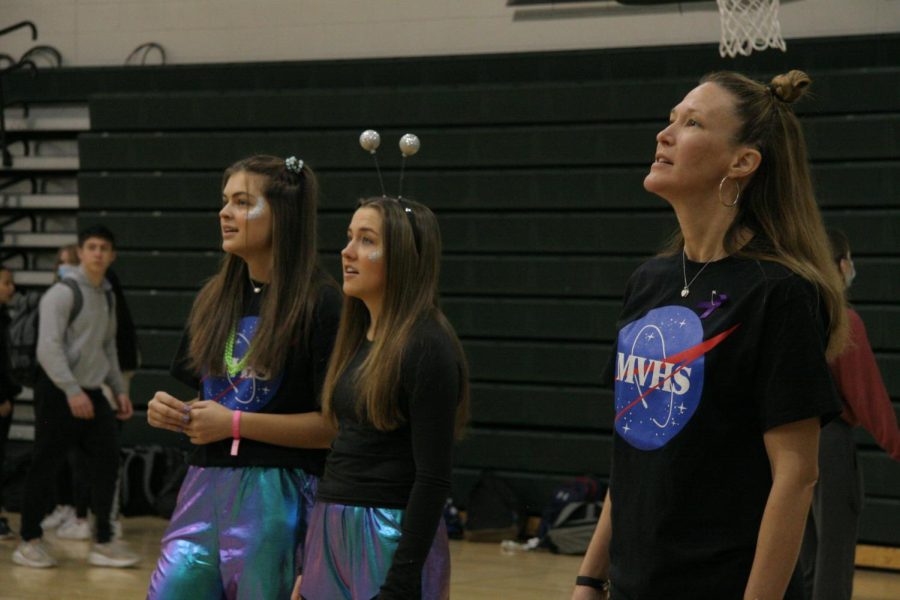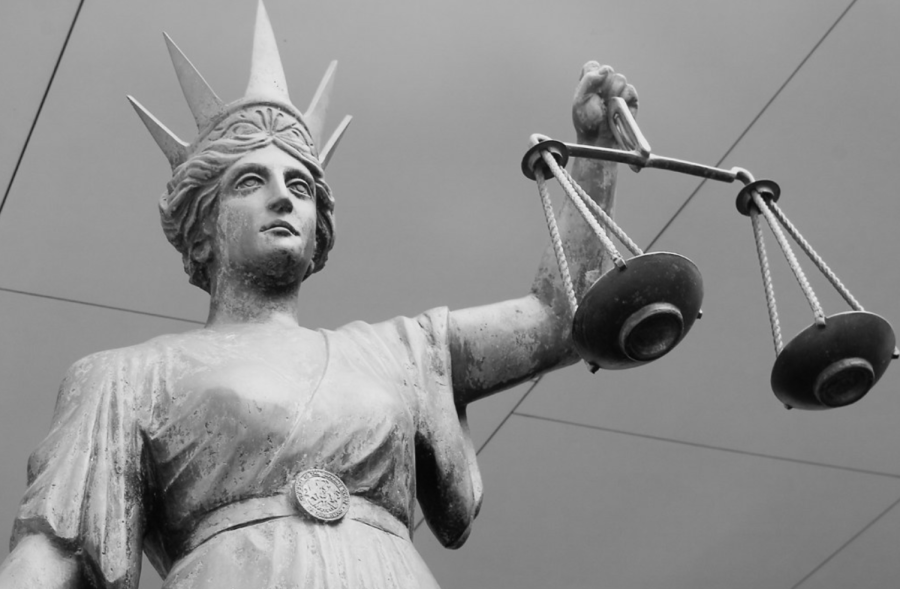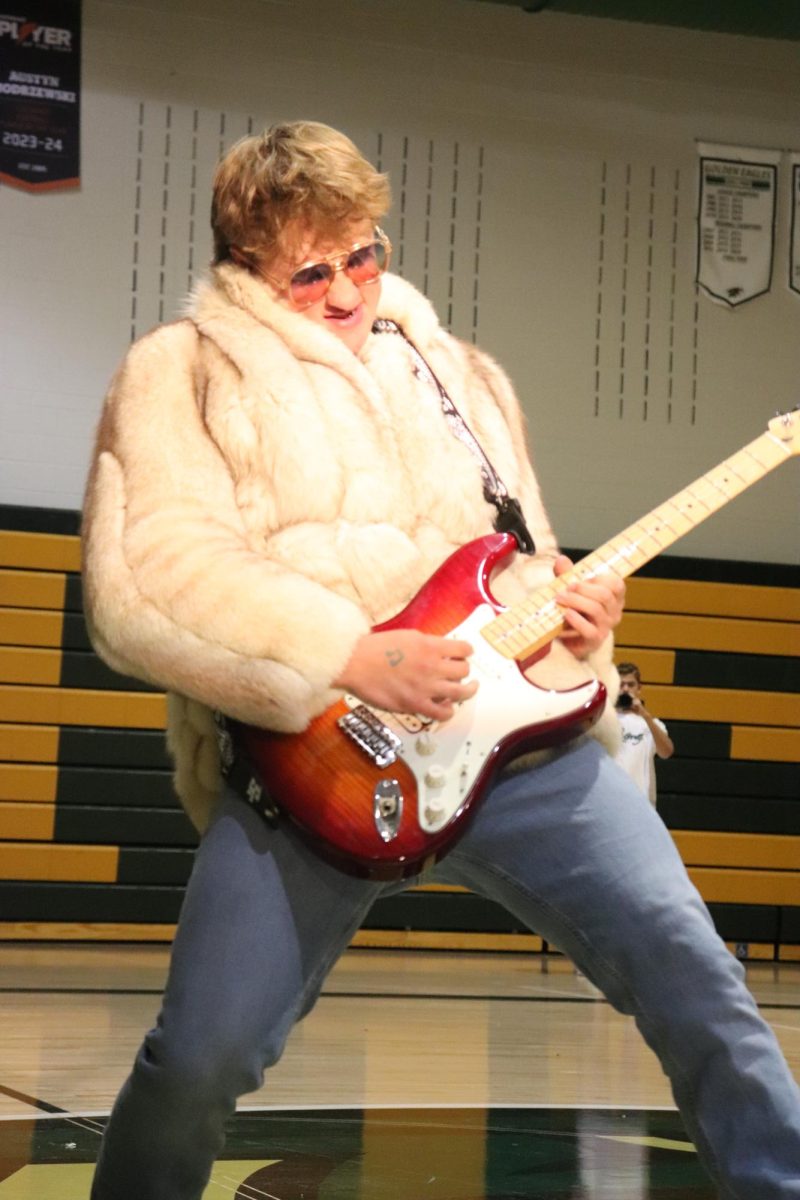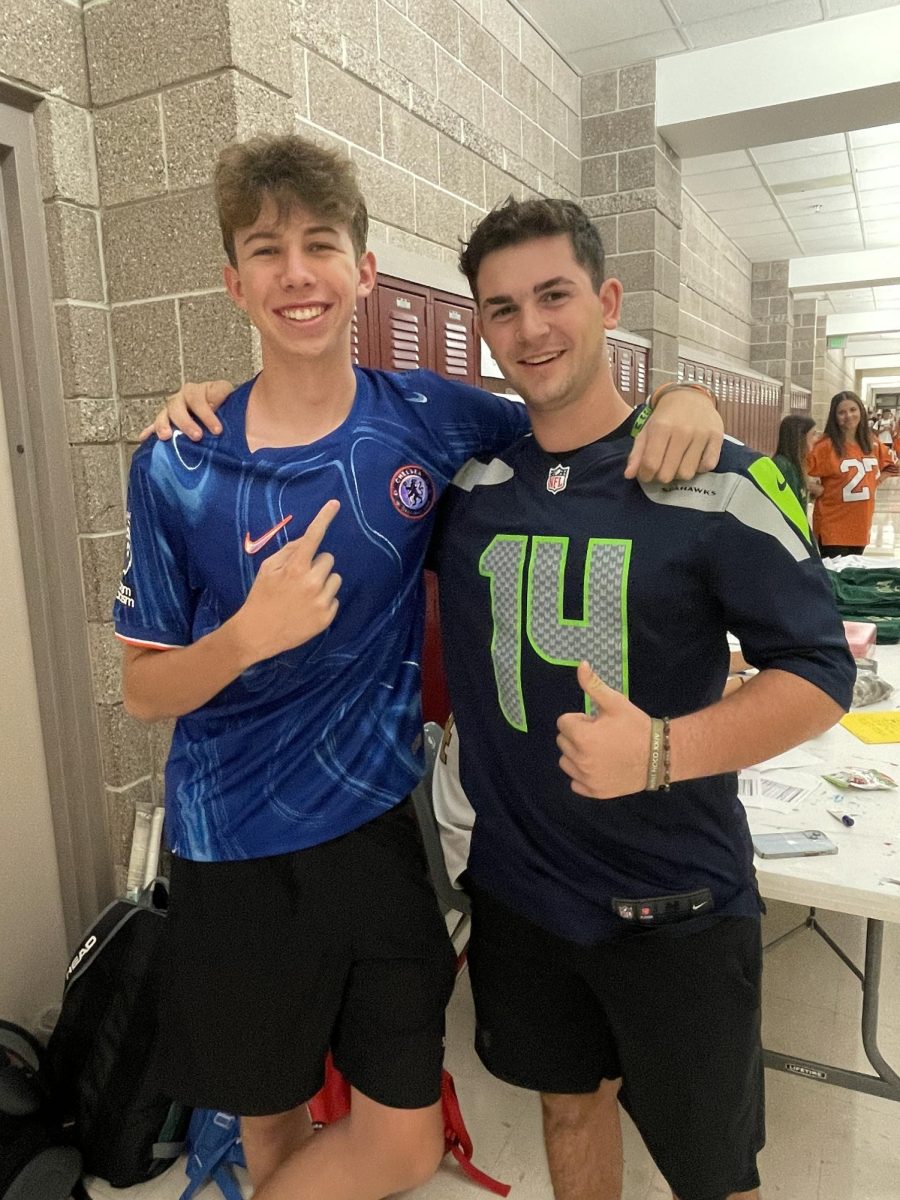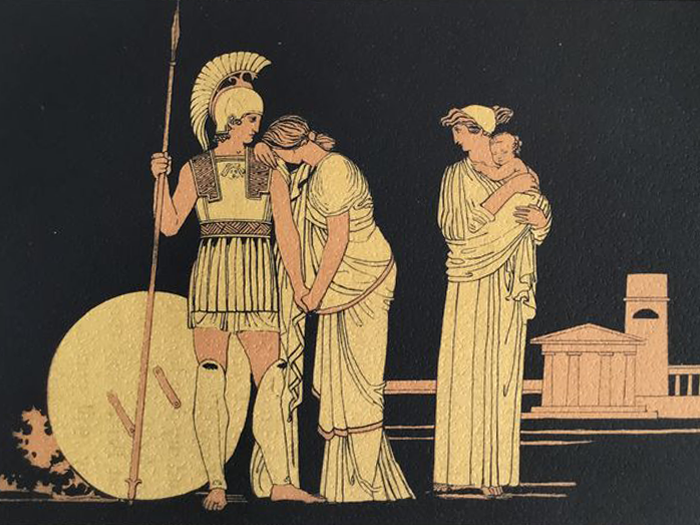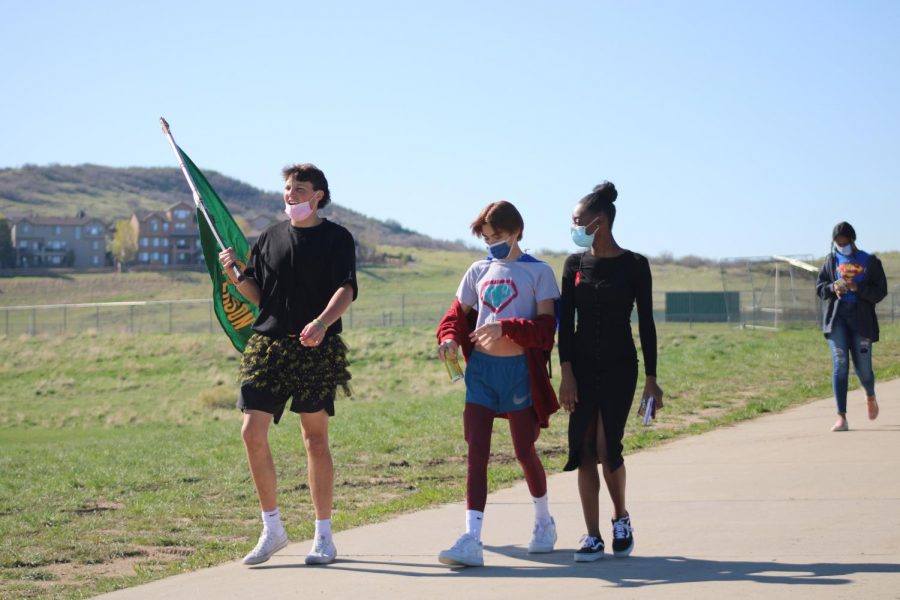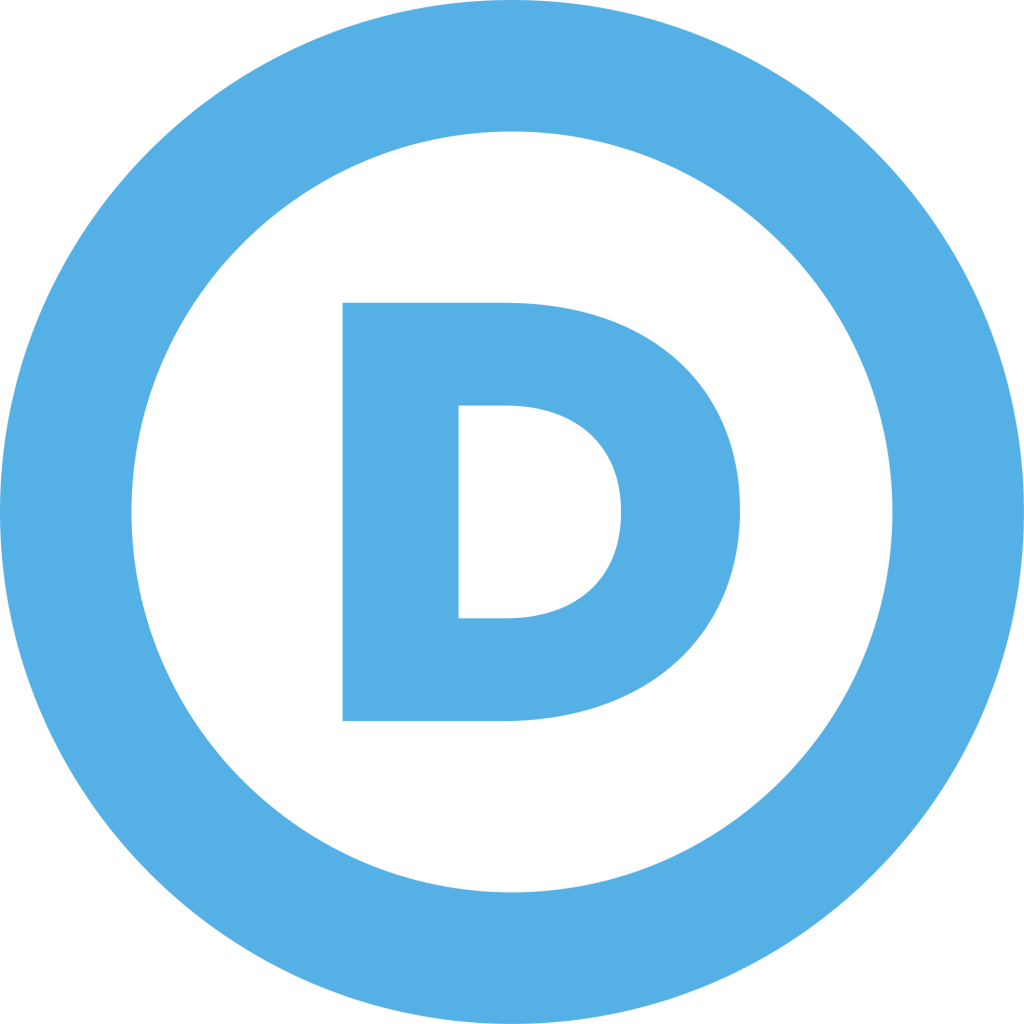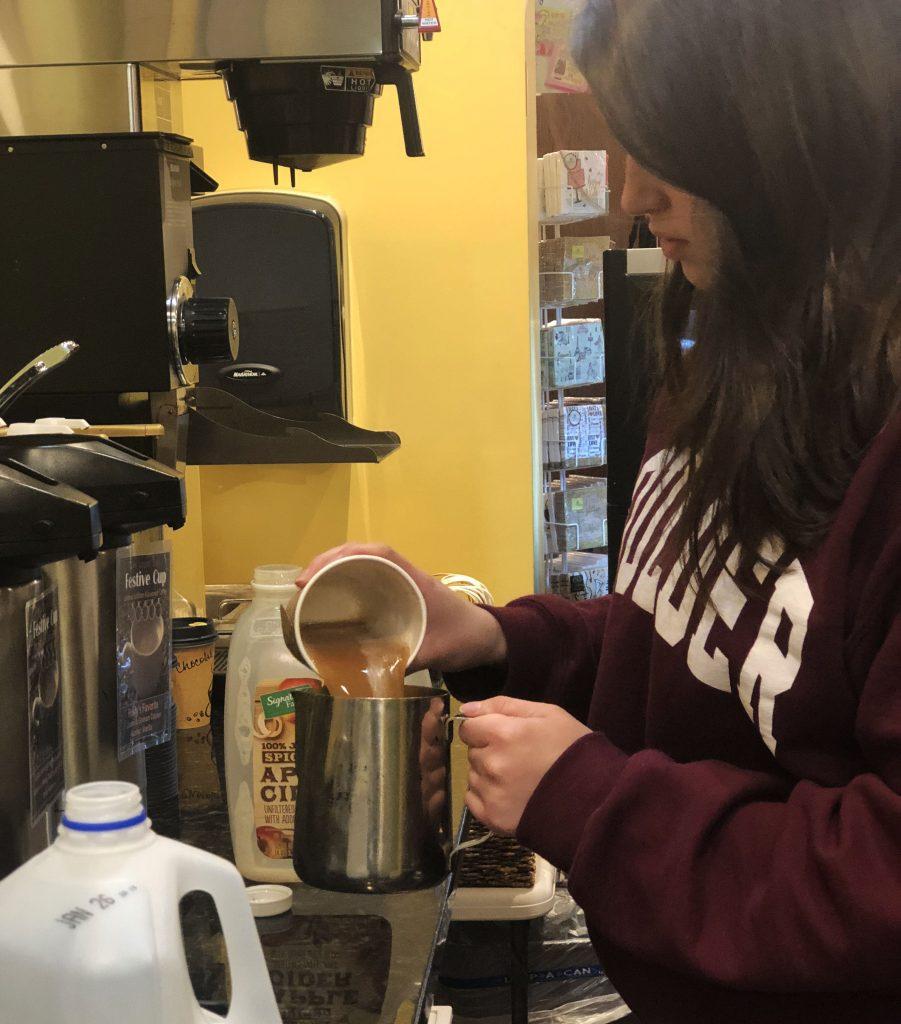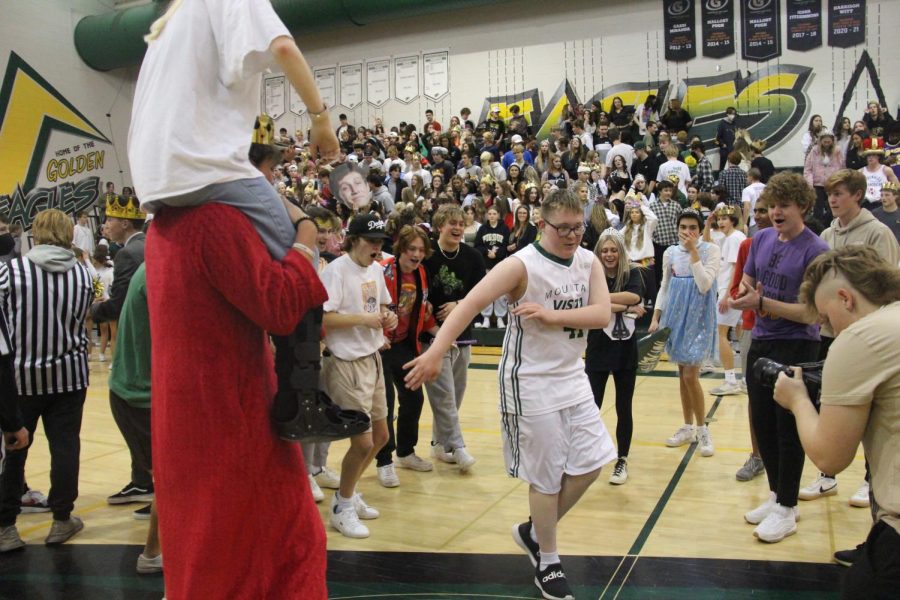KATIE PICKRELL
Democratic front-runner Hillary Clinton currently has 1,221 delegates, accounting for half of what she needs to secure the nomination and beyond doubling Bernie Sanders number of 571.
With the way we expect America to run its democracy, most people assume this is because the people of the United States want her to win the nomination. But contrary to this belief, Clinton’s success is largely in thanks to the establishment in Washington and throughout this country.
Superdelegates, an entity imposed not by Congress or the Constitution but rather by parties themselves, account for 15 percent of the vote in the Democratic primary process.
Of Clinton’s 1,221 delegates, only 759 are pledged delegates – more easily described as votes that are truly representative of average citizens. This means that 462 “people” supporting Clinton are truly a part of the political elite that her opponent seems so hell-bent on eradicating.
These numbers still keep Clinton ahead of Sanders by 213 delegates, a large number but an amount much smaller than the “blowout” many claim this election to be.
The superdelegate system has completely altered the outcome of the Democratic race, which many politicians claim it’s supposed to do.
Prior Democratic National Committee chair, presidential candidate and governor of Vermont Howard Dean claimed “Superdelegates don’t “represent people” I’m not elected by anyone. I’ll do what I think is right for the country,” in a recent Tweet.
To put Dean’s comments into perspective, there is a way Sanders could win the popular vote, but Clinton could take the nomination – because, to the superdelegates around the country, it doesn’t matter who average people want them to vote for.
The Republican party isn’t facing these issues. The Republican National Committee ruled in 2015 that superdelegates must vote with the state they represent.
Commentary by Kelsey Pharis
Please explain to me something, I don’t understand how people who are elected into office to represent the people are allowed to vote for someone that the people they represent don’t also want that person to be president.
I know I’m not an expert on the political system, but this seems to be the exact opposite of what a democracy is supposed to be. If the people are voting for one thing and those who represent those people vote for someone else, it is completely unfair.
Maybe this is all just a conspiracy so that Sanders doesn’t become president even though he is getting almost as many votes as Hillary.
I also don’t understand this: Why, if our country prides itself so much on being a democracy, does it not truly let the people vote?

